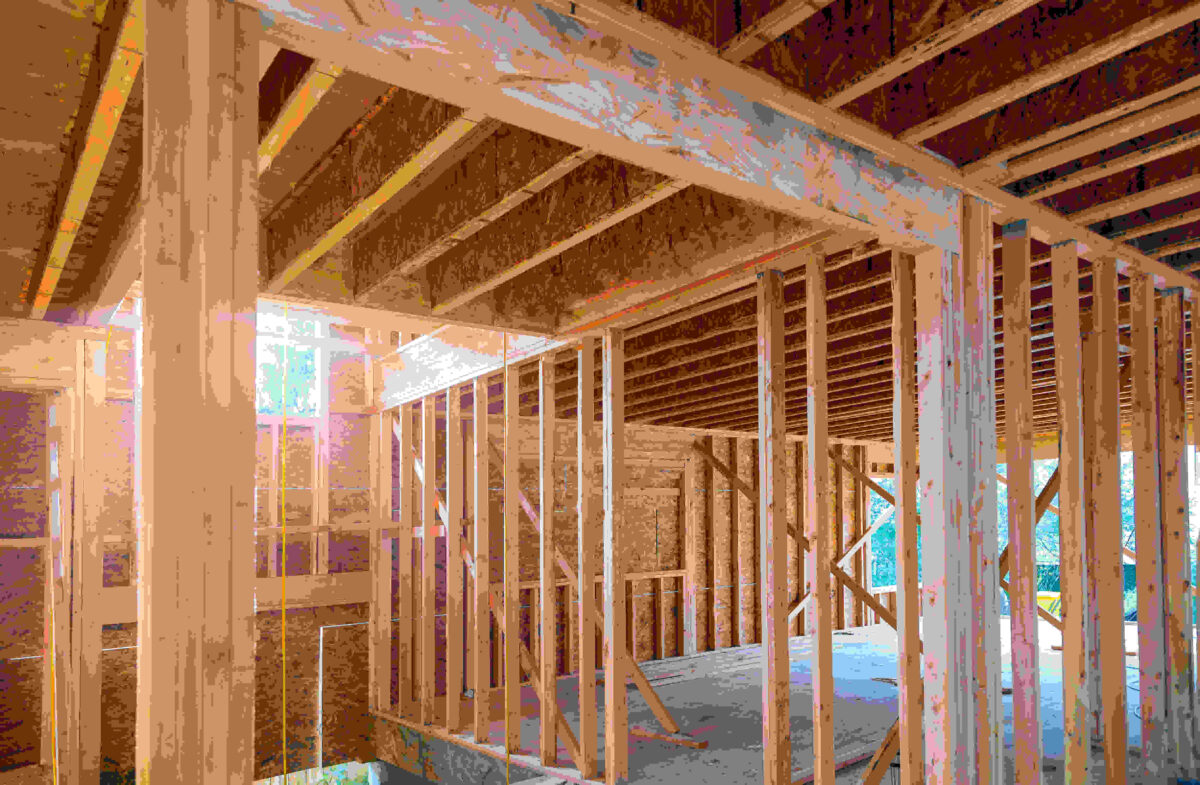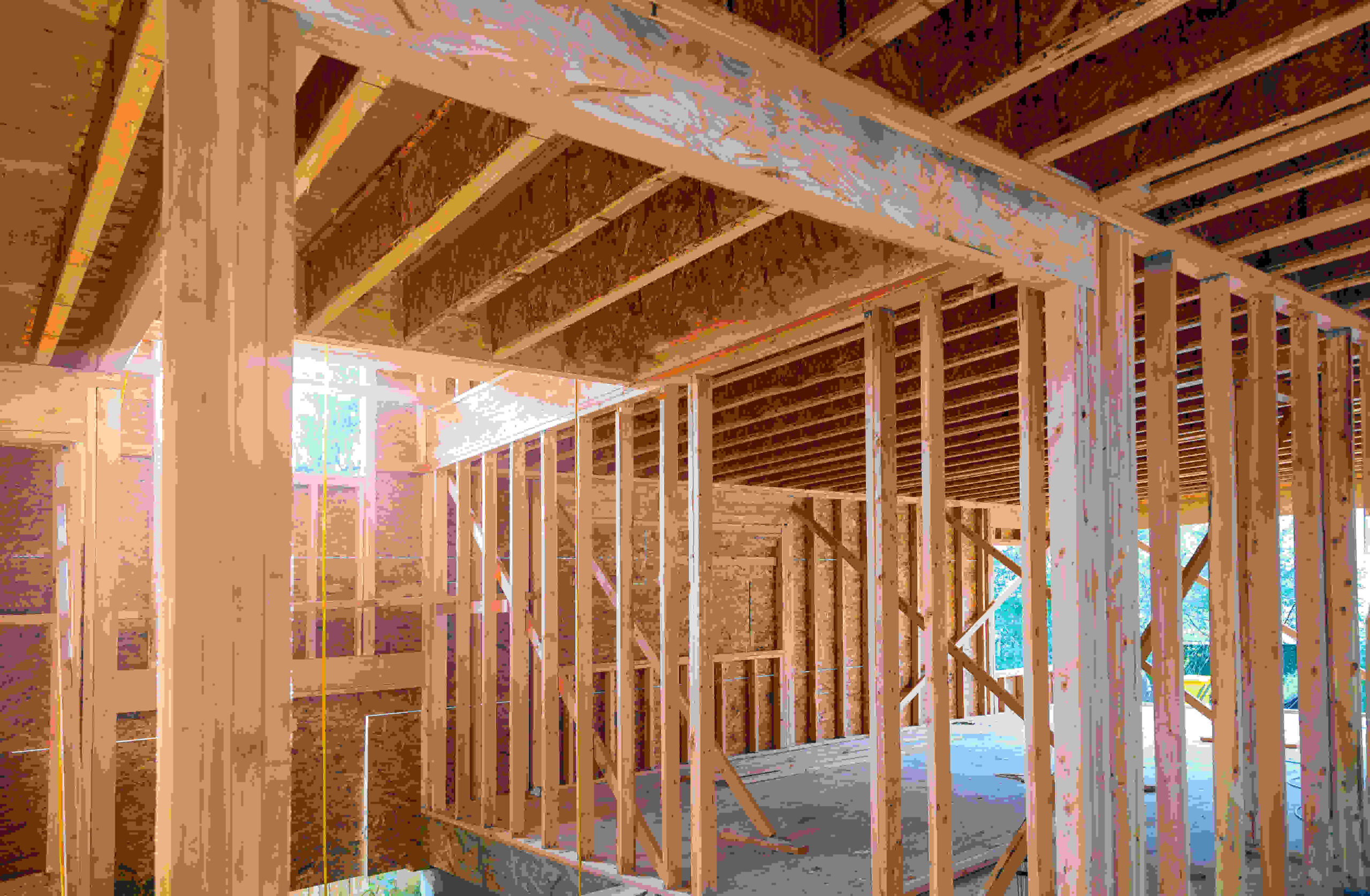
The quality of any construction project depends on multiple factors, including design, craftsmanship, and materials. While much of the focus often falls on contractors and architects, suppliers play a vital yet sometimes overlooked role in ensuring the success of a project via the quality of the construction materials they provide. From providing high-quality materials to adhering to delivery schedules, their contributions significantly impact the final outcome. If you believe you have a valid construction defect case, there’s a chance a supplier may be responsible. Read on and contact the skilled Florida construction attorneys at Ansbacher Law to learn more.
How Do Suppliers Impact the Quality of Materials?
Suppliers are responsible for sourcing and delivering the materials that form the backbone of any construction project. Whether it’s structural steel, concrete, lumber, or finishing materials like tiles and fixtures, the quality of these items directly affects the safety, durability, and appearance of the structure.
One of their primary responsibilities is to ensure that materials meet industry standards and any specific project requirements. For example, suppliers must verify that their products comply with local building codes in Florida, as well as any specifications outlined in contracts. Failure to do so can result in defects such as cracks, leaks, or structural instability.
Suppliers also play a role in preventing issues related to material authenticity. Counterfeit or substandard materials are a growing problem in the construction industry. Reputable suppliers maintain rigorous quality control processes to ensure that all materials are legitimate, properly certified, and sourced from trusted manufacturers.
What Happens When Suppliers Fail to Meet Their Obligations?
When suppliers fail to uphold their responsibilities, the consequences can ripple through the entire project. Delays are a common issue, as late deliveries can stall construction schedules and increase costs. Worse, defective or non-compliant materials can lead to significant safety hazards and expensive repairs.
In construction defect cases, identifying the source of the problem often involves examining the supplier’s role. If materials are found to be substandard or non-compliant, liability may extend to the supplier, depending on the circumstances. For instance:
- Material Defects: A supplier might deliver materials that fail to meet agreed-upon standards, either due to poor manufacturing or mishandling during storage and transport.
- Misrepresentation: If a supplier falsely advertises materials as being suitable for a specific use or meeting certain certifications, they could be held accountable for any resulting defects.
- Lack of Documentation: Suppliers are typically expected to provide warranties, certifications, or test reports. A failure to furnish these can complicate defect claims and liability assessments.
How Can a Lawyer Help in Cases Involving Non-Compliant Materials?
When non-compliant or defective materials cause issues in a construction project, the ramifications can be overwhelming. This is where an experienced construction defect lawyer becomes invaluable. Just some of the ways a lawyer can help are as follows:
- Investigating the Issue: A lawyer can investigate whether the supplier, contractor, or manufacturer is at fault for the defect. They will work to gather evidence, including contracts, purchase orders, and communications, to build a strong case.
- Enforcing Contractual Obligations: Construction projects typically involve detailed contracts. If a supplier fails to meet the terms outlined in their agreement—such as providing compliant materials or honoring warranties—a lawyer can hold them accountable.
- Negotiating with Multiple Parties: Construction defect cases often involve multiple stakeholders. A lawyer can coordinate with contractors, manufacturers, and insurers to resolve disputes and ensure your interests are protected.
- Litigation Support: If negotiations fail, an attorney can represent you in court. They will advocate for compensation to cover repair costs, project delays, and other damages caused by non-compliant materials.
If you have further questions or need an experienced Florida construction lawyer in your corner, please don’t hesitate to contact Ansbacher Law today.


